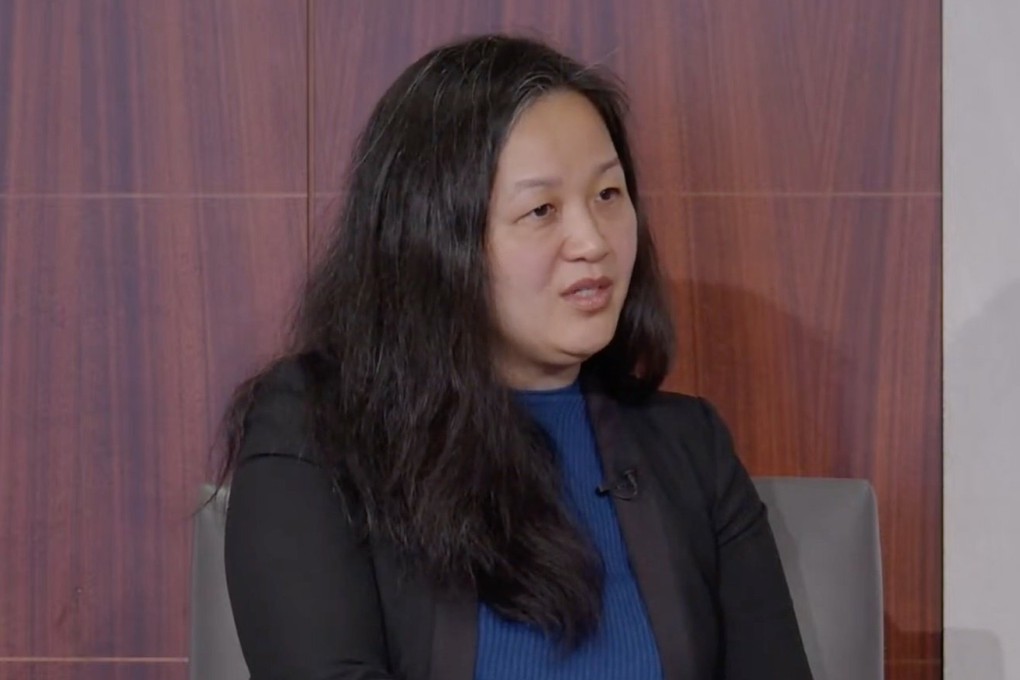US plans trade meetings with Asean leaders as it retools Indo-Pacific strategy
- The Indo-Pacific Economic Framework will focus on infrastructure, decarbonisation and clean energy, says a US Commerce Department official
- President Joe Biden’s administration wants to get a summit with Asean leaders on the calendar ‘in the next couple of months’

US deputy secretary of commerce Pamela Phan discussed the goals on Wednesday during the US-Indo-Pacific Conference at the Centre for Strategic and International Studies, a Washington-based think tank.
Phan said the administration wanted to get a summit with Asean leaders on the calendar “in the next couple of months”, calling it “a key piece to advancing that relationship”. That meeting was supposed to take place in Washington last week, but the White House postponed it indefinitely because of unspecified scheduling conflicts.
The US also hopes to sign a memorandum of cooperation with Malaysia on supply chain resilience when its trade minister visits Washington in May. In June, the US under secretary of commerce for international trade will lead a clean energy mission to Indonesia, Vietnam and possibly the Philippines.
Indonesia currently chairs the G20 and will host the 2022 G20 Leaders’ Summit in Bali on October 30-31, and the gathering has taken on extra significance because Russian President Vladimir Putin’s planned attendance. The US and its allies are pushing for Putin’s ouster from the group because of Moscow’s war against Ukraine.
